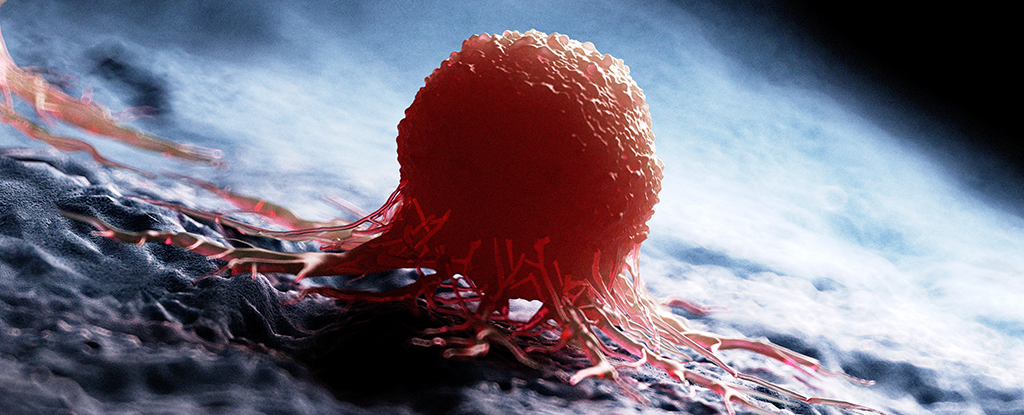
Researchers at the University of Florida have made significant strides towards developing a universal cancer vaccine that shows promise in targeting resistant tumors. This innovative approach aims to enhance the immune system’s ability to recognize and attack a wider range of cancer cells. The findings, published in Nature Biomedical Engineering, suggest that this vaccine could pave the way for a more comprehensive treatment option for cancer patients.
The team, led by neuroscientist Duane Mitchell, discovered that a vaccine designed to stimulate a robust immunological response could provoke a strong anti-cancer reaction. “What we found is by using a vaccine designed not to target cancer specifically but rather to stimulate a strong immunologic response, we could elicit a very strong anti-cancer reaction,” Mitchell explained. This approach opens the door to a potential off-the-shelf cancer vaccine that could be broadly applicable across different cancers.
The vaccine utilizes messenger RNA (mRNA) to produce signaling proteins that mobilize the immune system. This mechanism enhances the sensitivity of cancerous tissues to immune attacks, effectively “waking up” dormant immune cells that typically do not respond to cancer. The researchers likened this effect to activating a siren for the body’s immune defense, suggesting its versatility in treating various cancer types.
In addition to the mRNA component, the vaccine incorporates common anti-cancer drugs known as immune checkpoint inhibitors (ICIs). These drugs work by removing inhibitory signals on the immune system, making it more effective in combating cancer. While ICIs have previously shown success against certain cancers, tumors with numerous mutations can develop resistance.
The combination of the vaccine and ICIs demonstrated a powerful tumor-fighting response in mice, even against otherwise treatment-resistant cancers. In some instances, tumors were entirely eliminated. Although the vaccine proved effective on its own in specific scenarios, the most promising results emerged when both treatments were administered together.
Clinical trials are necessary to assess the safety and effectiveness of this combined therapy in humans. Elias Sayour, an oncologist involved in the research, stated, “This finding is a proof of concept that these vaccines potentially could be commercialized as universal cancer vaccines to sensitize the immune system against a patient’s individual tumor.”
The research team is developing new formulations of the mRNA vaccine and plans to conduct further clinical trials. They aim to explore its effectiveness in a broader context, including preventing cancer recurrence and identifying patients who may benefit most from this treatment strategy.
While the fight against cancer continues to evolve, researchers are pursuing multiple avenues to enhance treatment possibilities. Although modifying the immune system carries risks of side effects, the early results from this universal vaccine approach suggest a hopeful future. “It could potentially be a universal way of waking up a patient’s own immune response to cancer,” Mitchell remarked. “And that would be profound if generalizable to human studies.”
As the field of cancer research progresses, the potential of this vaccine represents a significant development in making cancer treatments more accessible and effective for a diverse patient population.






